Fieldwork
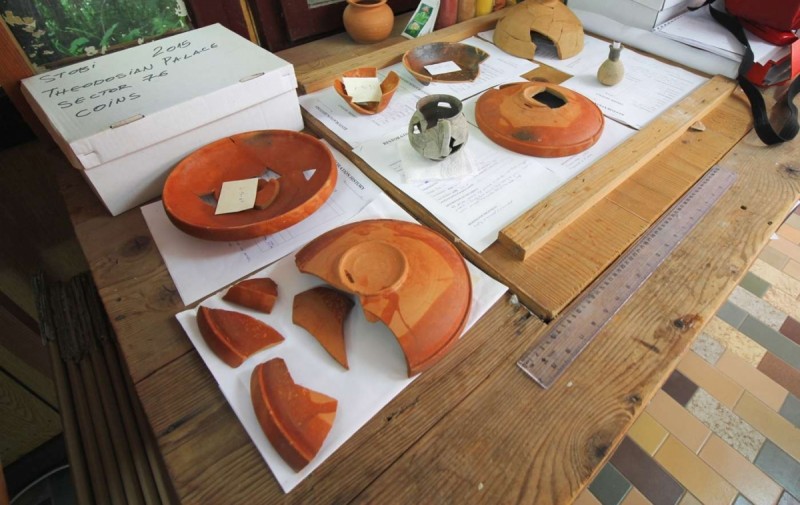
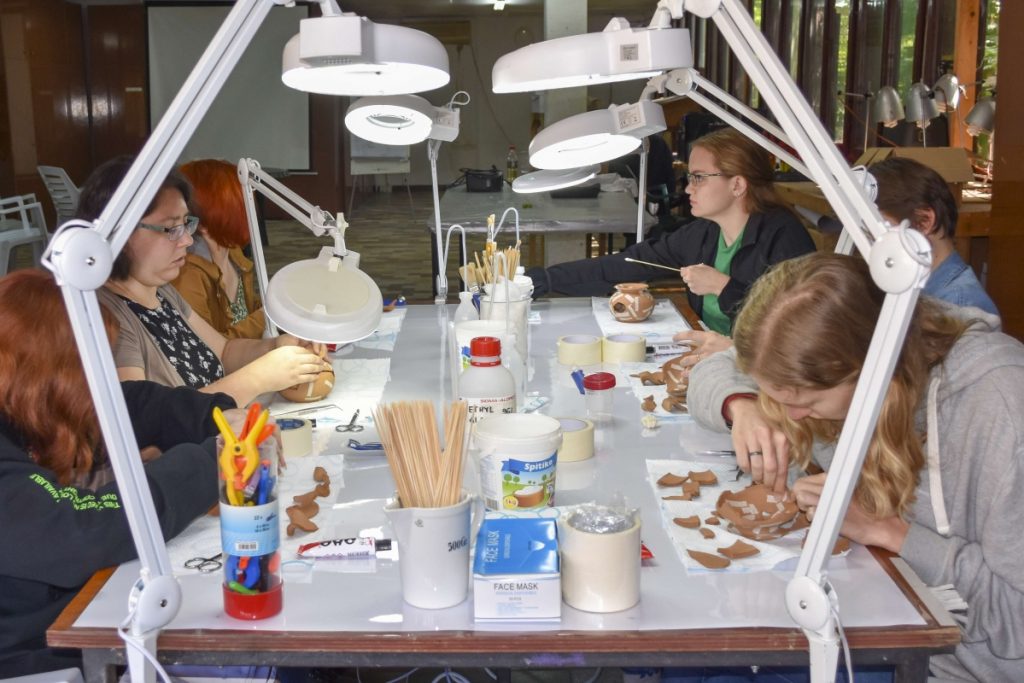
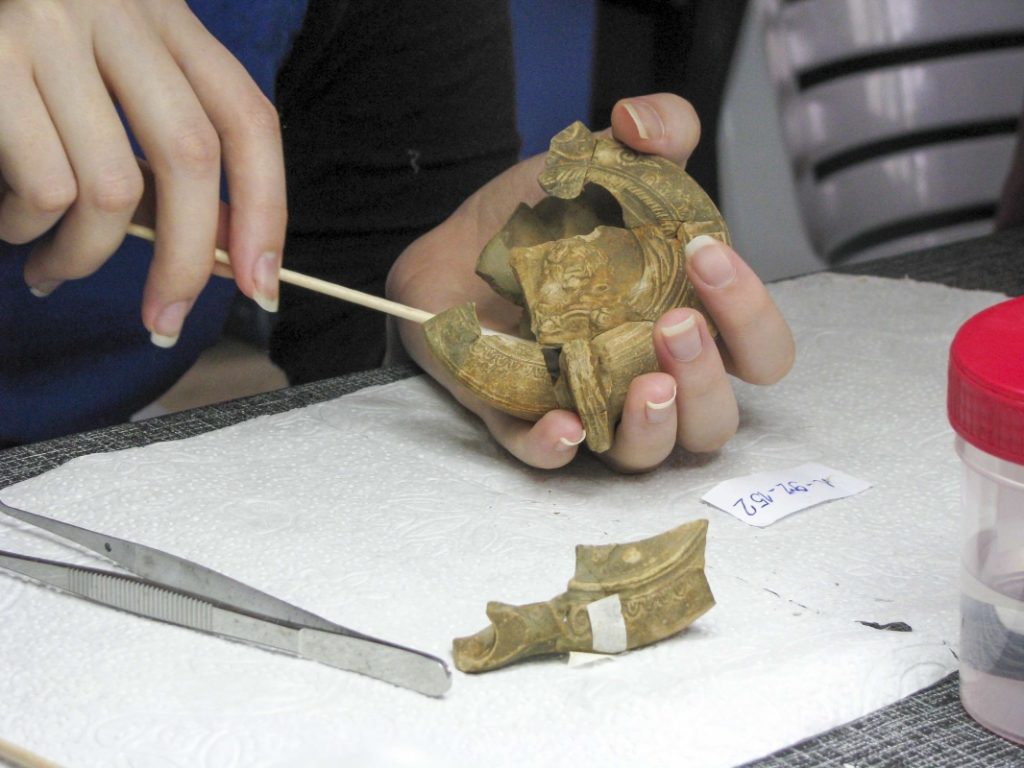
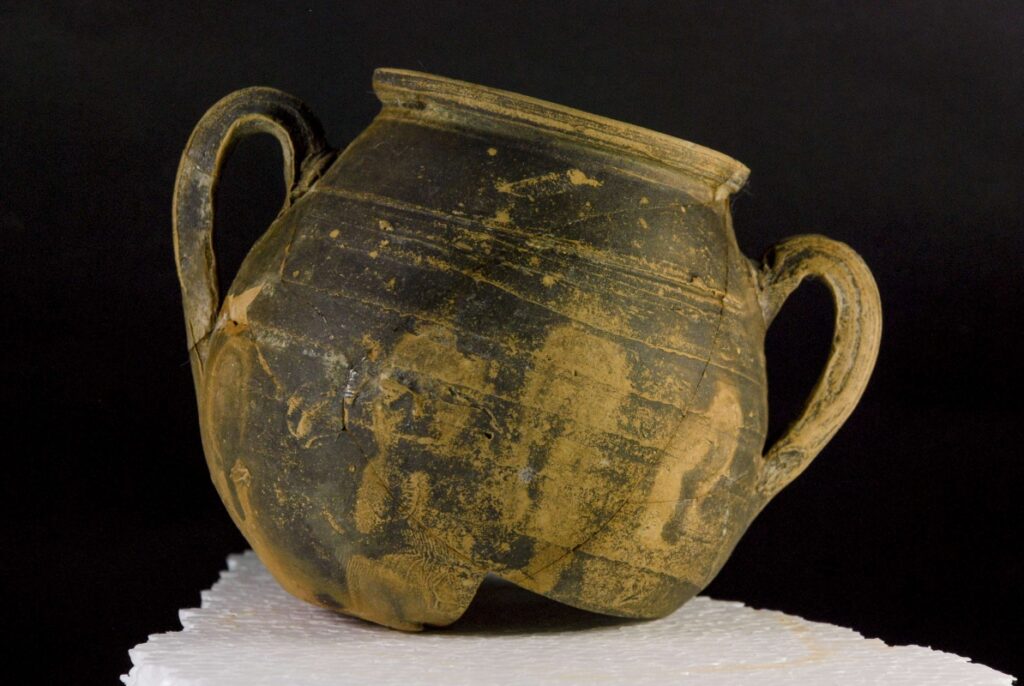
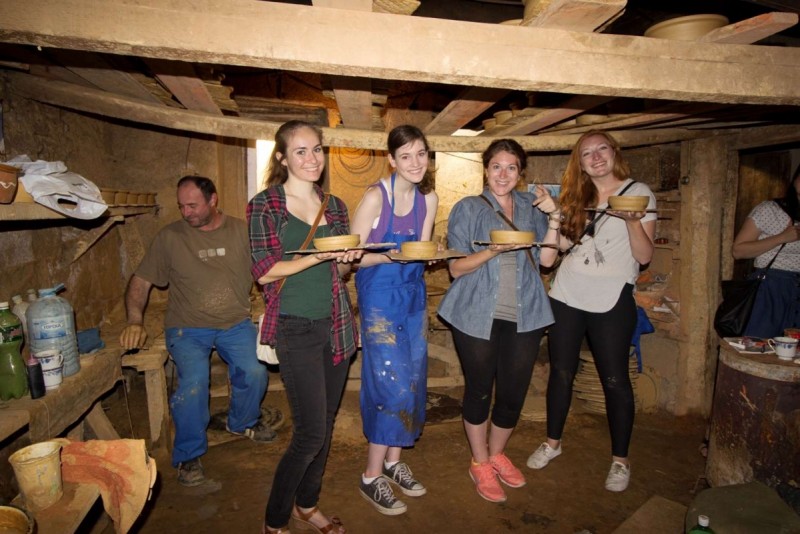
Location: А1, North Macedonia
Season: July 12, 2025 to July 26, 2025
Session Dates: 12 - 26 July, 2025
Application Deadline: June 12, 2025
Deadline Type: Rolling
Website: https://www.bhfieldschool.org/program/roman-pottery-glass-conservation-course
Discount for AIA members: 5% discount off the regular admission fee
Program Type:
Field School
RPA Certified:
No
Affiliation:
National Institution Stobi, Republic of North Macedonia, Balkan Heritage Foundation, and New Bulgarian University, Bulgaria.
Project Director:
Chief conservator: Biljana Jankulovska Peeva (Conservator, NI Stobi)
Field School coordinators: Dr Angela Pencheva (Balkan Heritage Foundation & Field School Program Director) and Biljana Jankulovska Peeva (Conservator, NI Stobi)
Project Description:
In 2025, the Workshop for Conservation and Documentation of Roman & Late Roman Pottery will be hosted for a 10th year by the National Institution Stobi, R. of North Macedonia at the Roman city of Stobi (today an archaeological park). It provides an unique opportunity for students and volunteers to gain comprehensive knowledge and hands-on experience in Roman and Late Roman pottery conservation. The participants are guided through the history and technology of Roman and Late Roman pottery consequent stages of their study, conservation, restoration and documentation. Both the theoretical and practical parts of the course will be based on ceramic vessels found in the ancient city of Stobi.
During the first two project weeks, students begin their training with replicas of ancient vessels. Once they reach an acceptable level of skill, accuracy and precision, they can progress to originals . Most students will be able to master conservation and restoration efforts within the course of this field school and expect to complete work on 3-5 artifacts by the end of the program, depending on the initial state of objects’ conservation, the necessity of conservation treatment and the individual performance of the student.
Why Stobi? The first historic records to mention Stobi were written by the Roman historian Titus Livy (ca. 197 BCE). According to Livy, Stobi became an important center for salt trading after the Roman conquest of Macedonia and the establishment of Pax Romana. In 69 CE, Emperor Vespasian granted Stobi the rank of municipium and the right to mint its own coins. Stobi was not only an important salt trading center but also strategically located at the crossroads of the ancient roads that ran along the two rivers Axios and Erigon. The first road connected the North and South of the Balkans as it does today, while the second to the southwest connected Stobi with the Via Egnatia near Heraclea Lyncestis and to the northeast continued to Serdica.
This commercial and strategic position brought Stobi long-term prosperity, especially in the period between the 1st and 3rd centuries CE. Several monumental buildings in the city are dated to this period: the Theatre, the first City Wall, Porta Heraclea, the Public Building with Arches (most probably the Stobi library), the Casa Romana, the Synagogue, as well as the water supply system. In 267 CE the city suffered from raids conducted by the Goths and Heruli. At the end of the 3rd century, Stobi was devastated by an earthquake; it was later rebuilt but following a different urban plan. Most of the ruins visible today belong to buildings dating to this period.
In the 4th century CE, Stobi became an important Christian center and the seat of powerful bishops. Late, in the 5th– 6th centuries, Stobi was the capital city of the Roman province Macedonia Secunda but suffered from the raids of Huns, Ostrogoths, Avars and Slavs. The constant threat of barbarian raids as well as certain climatic changes led to the gradual abandonment of the city in the second half of the 6th century CE. Some records mention a small Slav community that settled and lived there in later centuries. The last historical reference regarding Stobi describes the victory of the Byzantine troops over Stobi’s local militia during the 11th century CE.
Period(s) of Occupation: Roman and Late Roman (2nd century - 6th century CE)
Notes:
The main goal of this program is to provide theoretical and hands-on training experience on pottery conservation. It does so through the exposure of students to Stobi's site lab, enabling them to evaluate and appreciate similarities and differences in conservation problems, approaches, methods, technique, design and material choice applied on different types of artifacts. The participants will work with first with replicas and then with authentic pottery vessels from the ancient city of Stobi, as well as terracotta figurines.
Project Size: 1-24 participants
Minimum Length of Stay for Volunteers: Two weeks
Minimum Age: 18
Experience Required: Special requirements: Good physical condition and command of manual operations. The participants should have medical insurance. The participants should inform the project staff about any health issues, allergies, and food preferences.
Room and Board Arrangements:
Accommodation: in the recently renovated air-conditioned cabins at the archaeological site next to the ancient ruins of Stobi, in rooms with two to three beds. Every cabin has 4 bedrooms + living room, 2 bathrooms with showers and WC. Washing machine and Wi-Fi are available for free. There are outdoor and indoor dining and social spaces.
Meals: Three meals per day are covered by the reimbursement payment. They usually take place (except the lunch packages during the excursions) at the site's dining room or outdoors next to it. Requests for vegetarian food are accepted. Specialized diets (vegan, kosher, gluten-free etc.) are difficult to maintain in this location.
Participants must pay on their own for extra meals, beverages, services and products. No single room accommodation is available at Stobi.
Academic Credit:
New Bulgarian University grants 9 ECTS credits for attending the three-week session. Transcripts of Records (ToR) are available upon request for an additional tuition fee.
Balkan Heritage Field School
7 Tulovo St., Floor 4, Apt.6
Sofia
— Make a Selection —
1504
Bulgaria
Phone: +359 988 250 901; +359 898 681 366 (both available on WhatsApp)
The AIA is North America's largest and oldest nonprofit organization dedicated to archaeology. The Institute advances awareness, education, fieldwork, preservation, publication, and research of archaeological sites and cultural heritage throughout the world. Your contribution makes a difference.
Notifications